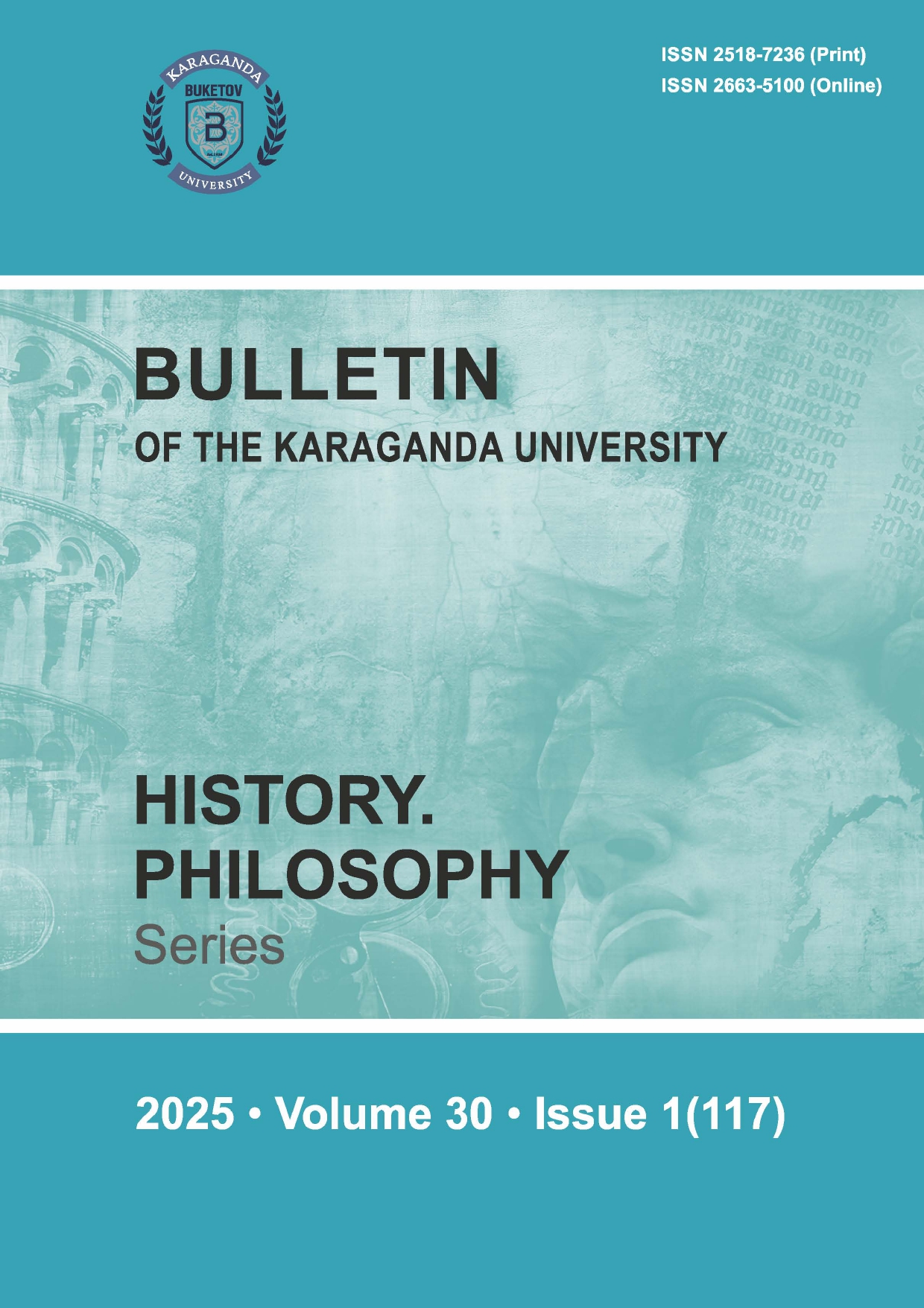Philosophical foundations of emotional intelligence and inclusion
DOI:
https://doi.org/10.31489/2025hph1/363-373Keywords:
emotional intelligence, inclusion, emotions, empathy, coaching, nterpersonal relationships, career growth, self-awareness, corporate culture, conflictsAbstract
The article examines the interconnection between emotional intelligence and inclusion, as well as their philo-sophical foundations. Today, labor productivity, achievements, team spirit, career growth, and motivationlevels are determined not only by intellectual abilities but also by indicators of effective interpersonal rela-tionship management. In this context, emotional intelligence holds particular significance. For an individual,emotional intelligence plays a decisive role in personal and professional development. It encompasses theability to understand and manage one’s own emotions as well as the emotions of others. Emotional intelli-gence is crucial not only for individual growth but also for fostering an inclusive environment. Developingemotional regulation and empathy skills contributes to the creation of a workplace where everyone feels ac-cepted and valued. Self-awareness, as a component of emotional intelligence, facilitates effective communi-cation with individuals from diverse cultural backgrounds, thereby strengthening inclusivity. Enhancing so-cial awareness within a team strengthens relationships and supports efforts aimed at promoting diversity. Keytools in this process include communication management, active listening, and conflict resolution skills.Thus, the development of emotional intelligence can be regarded as one of the fundamental factors in estab-lishing an inclusive environment that promotes innovation and effectively resolves conflicts.




